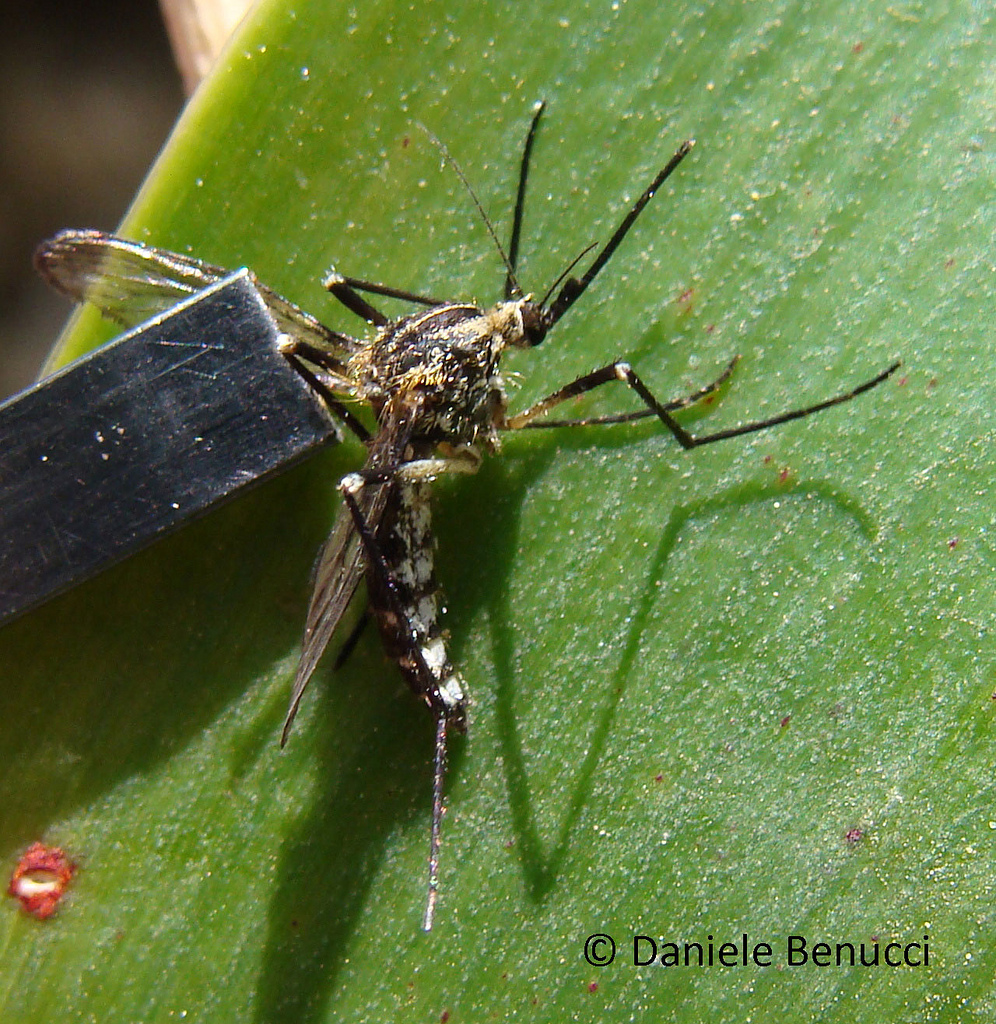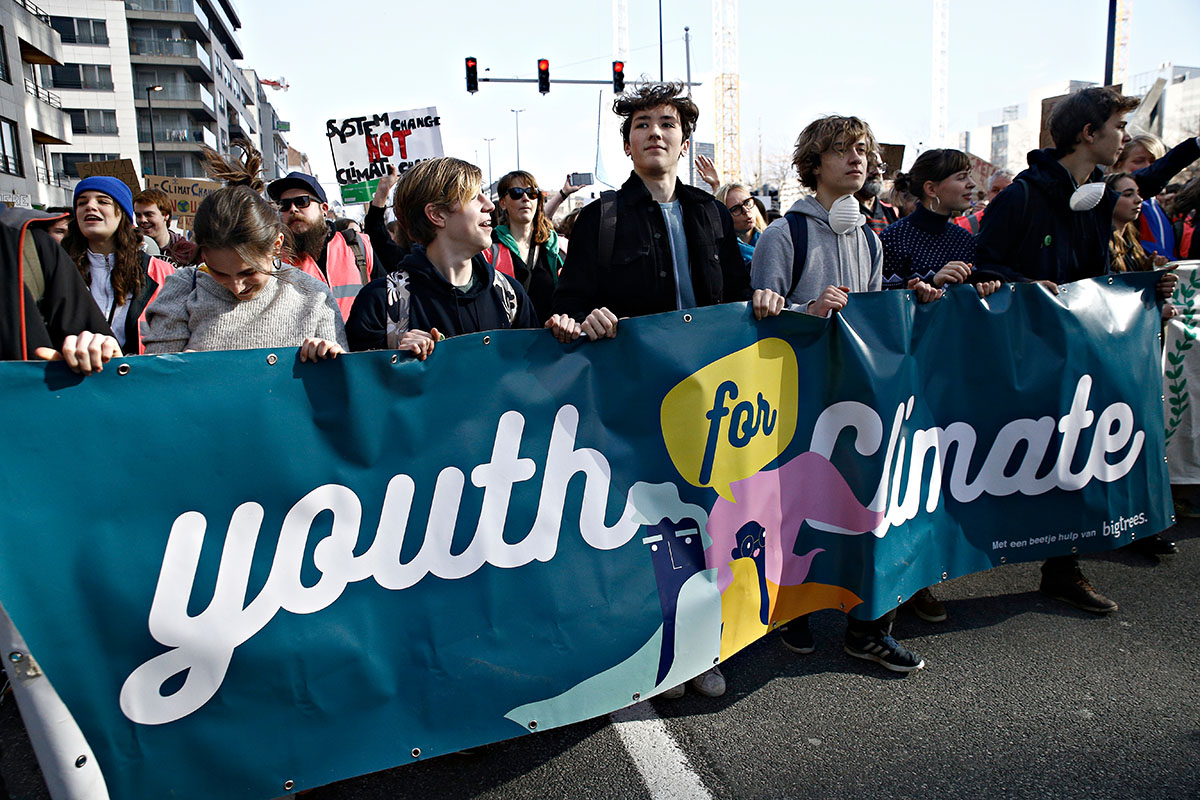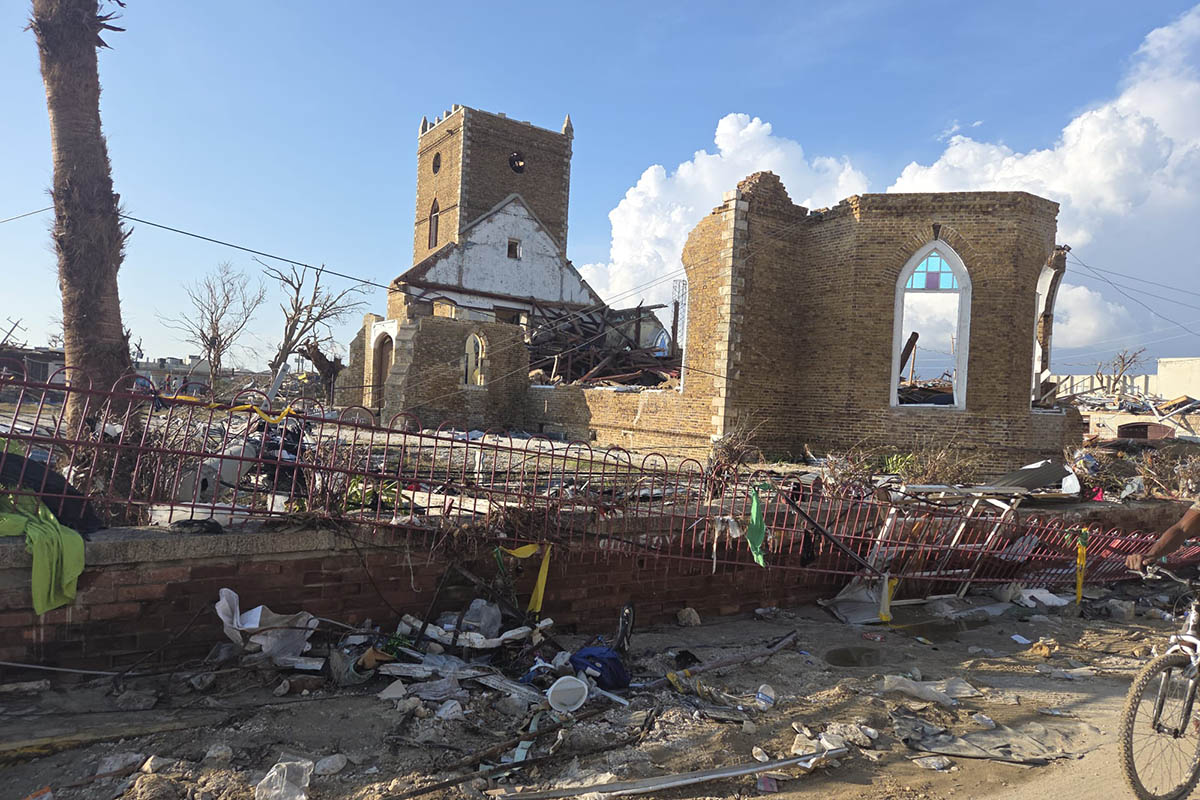“Is climate change creating a health crisis?”
November 6 Health impacts of climate change now being felt in the Caribbean, writes Advira Shand, 26, a Commonwealth Correspondent from Manchester in Jamaica, underline the need for policies and public education to protect the environment and fight outbreaks.
Health impacts of climate change now being felt in the Caribbean, writes Advira Shand, 26, a Commonwealth Correspondent from Manchester in Jamaica, underline the need for policies and public education to protect the environment and fight outbreaks.
I still cringe when I remember the agony of being brought down on my knees by the chikungunya virus in late 2014. Like me, almost everyone within my community in South Manchester got a taste of this vicious virus. Sure enough, even nearly a year after the outbreak in Jamaica, the mere mention of the term “ChikV” would inspire long, harrowing, and often comedic tales from individuals within my community abput their experiences with the virus.
Jamaica was just one of the many Caribbean states that suffered from the crippling effects of the chikungunya virus, which even affected other territories such as Antigua, Trinidad and Tobago, Haiti, Puerto Rico, Grenada, and St. Lucia. The outbreak of this virus that forced Jamaica to declare a state of emergency has undoubtedly cost the Caribbean millions of dollars.
Although the issue of chikungunya may be deemed “old news” by many, it is incumbent on Caribbean nationals to realize that climate change is poised to result into an onslaught of various health issues and viruses as severe as chikungunya. The Caribbean region is prone to severe climate change-induced weather events such as hurricanes and storms, which will continue to cause an increase in water-borne and food-borne diseases, promote stomach and intestinal illnesses and mental health issues (PTSD), and cause interruptions in health care services expose. These unwelcome weather events also expose affected Caribbean nationals to the risk of injuries and losing their lives, and will ensure reductions in the availability of water and fresh food. Climate change is also the main cause of droughts within the Caribbean.
In 2014, according to Robert Pickersgill, Jamaica’s Minister of Water, Land, Environment and Climate Change, Jamaica lost 2,190 hectares of crops valued at US$953.3 million because of a widespread drought. Like Jamaica, other Caribbean territories have also suffered immensely from droughts and stand to face a plethora of heath related issues arising from droughts. Studies have shown that droughts are linked to depression and anxiety stemming from economic losses, stark reduction in clean water and food, increase in temperatures which pose risk of heat strokes, increase in risk of forest fires which pose a serious threat in terms of public safety, and spread of infectious diseases.
In late 2014, amidst the ‘buzzing’ of mosquitoes spreading the chikungunya virus, Jamaican healthcare officials and Minister of Health, Dr. Fenton Furguson, scampered about trying to find solutions for the virus’ outbreak. This inability to effectively contain and address the outbreak in a timely fashion has inspired question whether Jamaica, and by extension the Caribbean, will be able to effectively handle future contagious diseases and natural disasters that arise from climate change. Like many skeptics, I believe that states within the Caribbean region, including Jamaica, will not be able to effectively fight and address future effects of climate change.
However, if the region begins to focus its efforts, in a meaningful manner, on waging a war against climate change by protecting the environment, making the public aware of the causes of climate change and its horrid effects, and implementing policies combating climate change, then the region will certainly have a fighting chance in dealing with the adverse effects of climate change. It is very important that the region begins undertaking salient health adaptation approaches including, but not limited to, improving public communications and education before and during the onset of various health issues and risks, engendering effective emergency response strategies, and effectively monitoring emerging health risks.
References
Crossan, A. (2014) Jamaica declares state of emergency to try to stop the spread of the painful chikungunya virus. Retrieved on August 4th, 2015, from www.pri.org
Mendes- Franco, J. (2014) The chikungunya virus brings Jamaica to its knees. Retrieved on August 4th, 2015, from globalvoicesonline.org
Jamaica drought causes nearly US$1 billion in losses (2014) Retrieved on May 18, 2015, from www.telesurtv.net
United States Environmental Protection Agency (2013) Human Health. Retrieved on August 4th, 2015, from www.epa.gov
photo credit: Aedes albopictus – Tiger mosquito via photopin (license)
…………………………………………………………………………………………………
About me:
It is my desire to inspire growth among youths and within the region I inhabit. I have a Bachelor’s degree in International Relations and serve as a Managing Partner at WAGS Construction. It is my intention to undertake graduate studies that will help me in my quest to occupy a position within my country where I can assist in crafting policies that will fuel development within developing states.
…………………………………………………………………………………………………
Opinions expressed in this article are those of the author and do not necessarily represent the views of the Commonwealth Youth Programme. Articles are published in a spirit of dialogue, respect and understanding. If you disagree, why not submit a response?
To learn more about becoming a Commonwealth Correspondent please visit:
http://www.yourcommonwealth.org/submit-articles/commonwealthcorrespondents/
………………………………………………………………………………………………




